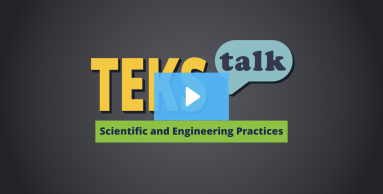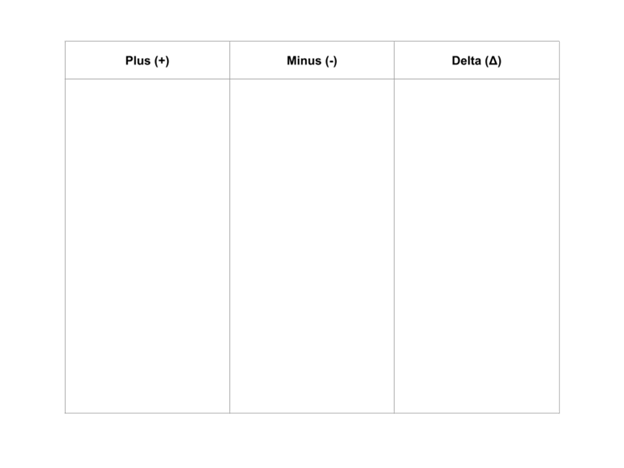
Knowledge and Skills Statement
The further explanation is designed to be a resource for educators that helps them better understand the topic their students are learning. Further explanations may be written at a more complex level than would be expected for students at the grade level.
All models have strengths and weaknesses; understanding those limitations helps scientists and engineers select the most appropriate model. The advantages of models may include seeing something that would otherwise be too big (the solar system) or too small (bacteria), manipulating the parts to see how they work together, and using less expensive or easier-to-find building materials. Disadvantages of models may include not being completely accurate about the phenomena the model represents.
Teachers may use a Plus, Minus, Delta chart or some other form of graphic organizer to help students think about and discuss strengths and weaknesses of models.

